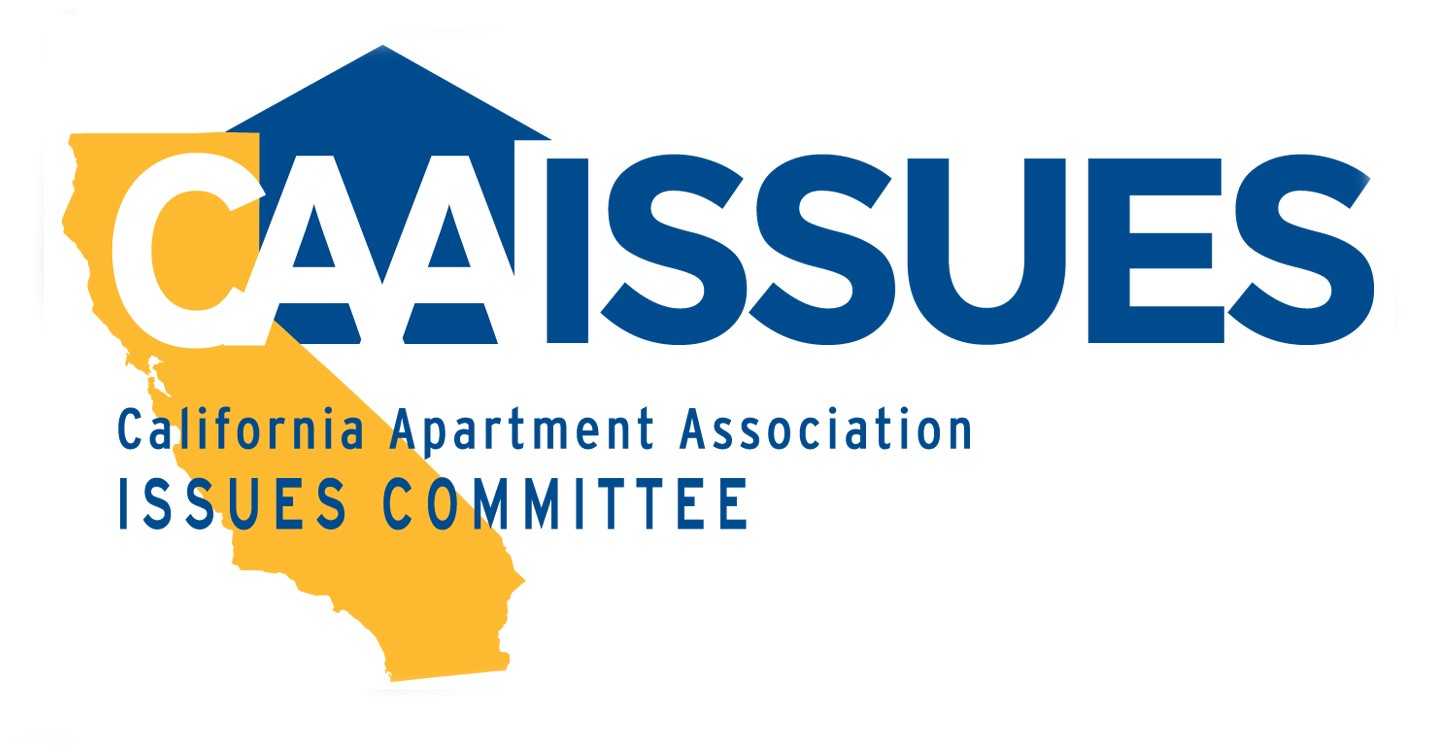The state Senate this week passed a bill that would designate housing as substandard when mold is visible, however, the author says she will amend the legislation to address landlords’ concerns.

“We’ve worked with the (California) Apartment Association on amendments to this bill, which, if this bill moves forward, we will take in the first assembly policy committee that will create protections for landlords by creating a process for which the tenant must notify landlord if mold issues have arisen in their unit,” Sen. Holly Mitchell, D-Los Angeles, told her fellow senators before the vote. “Amendments also will allow for a landlord to address any mold issues brought to their attention by a code enforcement officer in the timeframe code enforcement has determined without the fear of tenants withholding rent or pursuing legal action.”
Mitchell says her bill, SB 655, is necessary for the health of families, including children.
SB 655 currently lacks a workable definition for property owners who want to comply with the law.
While CAA believes that mold should be cleaned up in housing, SB 655, as worded, lacks a workable standard or definition for code enforcement or for property owners who want to stay in compliance with the law.
Having any amount of mold or just the smell as the trigger for code enforcement – and all the penalties and tenant remedies that go along with it – is excessive.
The California Department of Public Health strongly recommends that property owners address water damage and dampness. The department, however, recommends against using mold to determine the level of health hazard or the need for urgent remediation.

